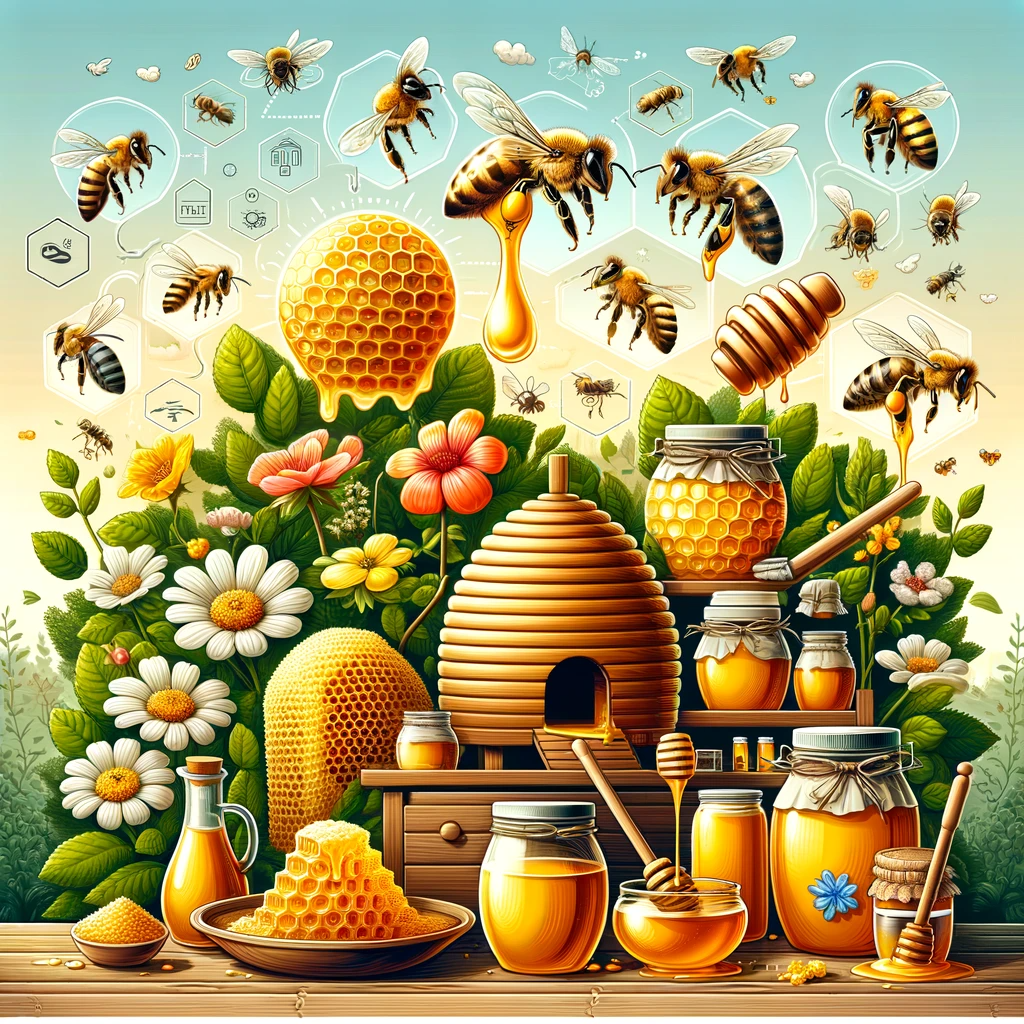Introduction
In today’s environmentally conscious world, making eco-friendly choices has become a top priority for many. When it comes to food, honey is often considered a natural and wholesome option. But have you ever stopped to think about the sustainability of honey production? In this article, we will delve into the sustainability of honey and explore the ingredients for making eco-friendly choices.
The Importance of Sustainable Honey
1. Honey as a Natural Sweetener
Honey has been a beloved sweetener for centuries, offering a delicious and nutritious alternative to processed sugars. Its appeal lies not only in its taste but also in its natural origins.
2. The Role of Bees
Bees are the unsung heroes of honey production. They play a crucial role in pollinating crops and ensuring biodiversity, making honey a byproduct of their essential work.
3. Threats to Honey Sustainability
a. Bee Population Decline
The global bee population is in decline due to various factors, including pesticide use, habitat loss, and climate change. This decline jeopardizes honey production and the ecosystem as a whole.
b. Honey Fraud
The honey market faces issues of adulteration and fraud. Unethical practices involve diluting honey with additives, impacting both consumers and ethical beekeepers.
Sustainable Honey Practices
1. Support Local Beekeepers
a. Farmers Markets
Buying honey from local farmers markets helps support small-scale beekeepers who prioritize ethical and sustainable practices.
b. Beekeeping Associations
Joining or supporting beekeeping associations can encourage sustainable honey production in your community.
2. Look for Certifications
a. Organic Certification
Choose honey labeled as organic, as it typically indicates adherence to eco-friendly farming practices.
b. Fair Trade Certification
Fair trade honey supports beekeepers in developing countries, promoting sustainable and ethical beekeeping.
3. Bee-Friendly Gardens
Creating bee-friendly gardens with native plants can provide bees with essential forage and habitats.
Eco-Friendly Packaging
1. Glass Jars
Opt for honey packaged in glass jars, which are more environmentally friendly than plastic containers and can be easily recycled.
2. Bulk Buying
Buying honey in bulk reduces packaging waste, and many health food stores offer this option.
DIY Beekeeping
1. Beekeeping at Home
Consider keeping your own bees if you have the space and resources. This hands-on approach allows you to control the process and promote sustainability.
Conclusion
The sustainability of honey production is closely tied to the well-being of bees, the environment, and ethical beekeeping practices. By making informed choices and supporting eco-friendly options, we can ensure a sweeter, more sustainable future for both honey and the planet. Remember to look for local, certified, and environmentally conscious honey products to contribute to a thriving ecosystem and enjoy the sweetness of honey guilt-free.
